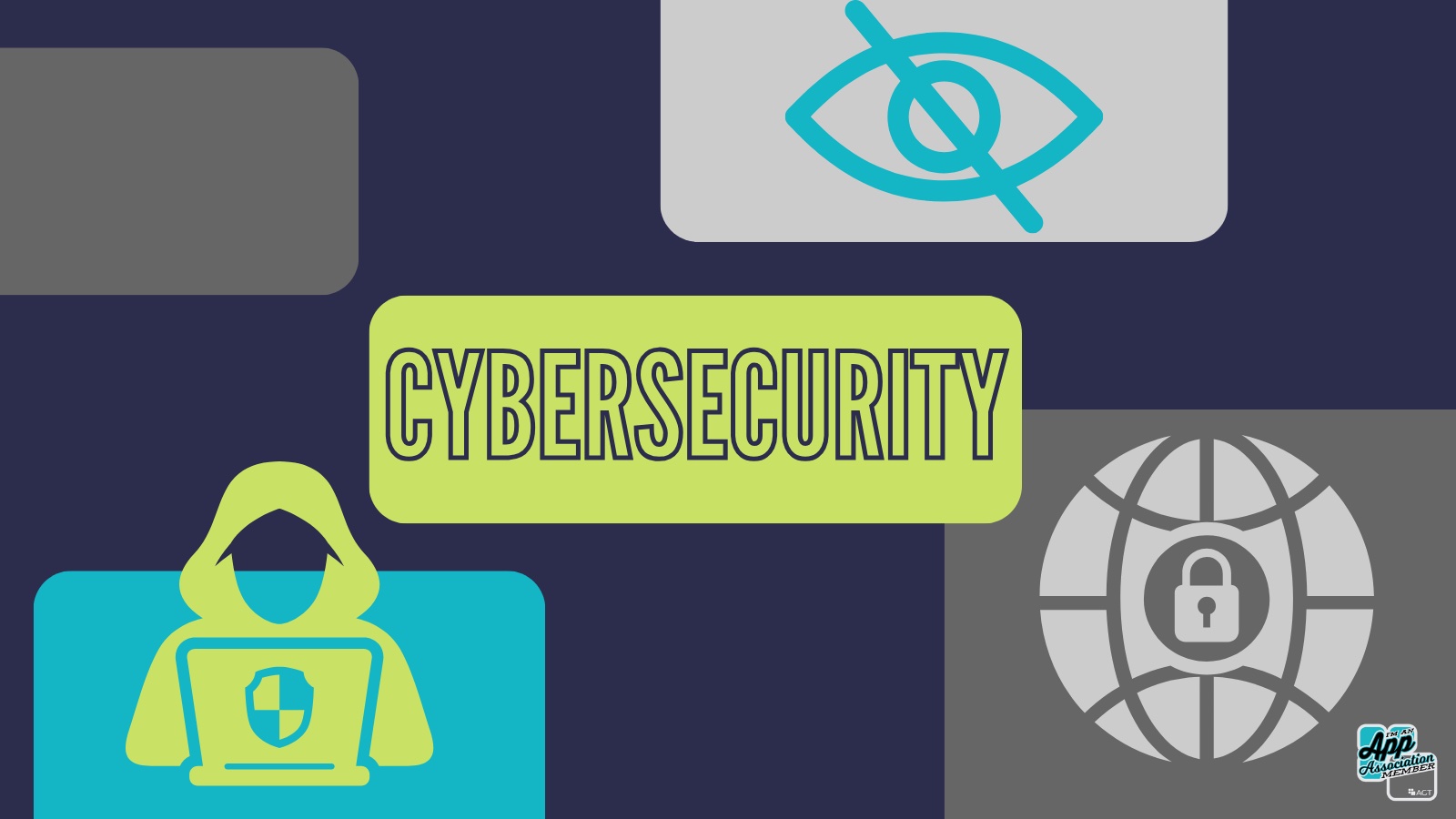Our digital world continues to evolve at breakneck speed, making the importance of safeguarding our online information paramount. With the risk of privacy breaches increasing daily, researchers continue to find that the dangers of such compromises disproportionately burden disenfranchised communities, particularly Black, Indigenous, People of Color (BIPOC), and LGBTQIA+ populations. October brings with it not only the vibrant hues of autumn but also the significance of two intertwined cybersecurity events: World Encryption Day and Cybersecurity Awareness Month.
Why Encryption Matters
Encryption plays a pivotal role in safeguarding the privacy and security of all individuals, but its importance is magnified for communities and populations that have historically faced and continue to face discrimination, surveillance, and threats. Recently, bills and regulations have been popping up across the globe that would require companies to include built-in backdoors in their encrypted technology in an effort to aid law enforcement and national security agencies. However, these intentional gaps in security can be open doors for malicious individuals to commit cybercrimes, identity theft, and even harassment and doxing.
World Encryption Day (October 21st) reminds us of a simple truth: Our digital lives need protection. Encryption is the digital version of locking your door; it keeps the prying eyes of hackers, eavesdroppers, and cybercriminals at bay. When we talk about something as simple as online shopping or as serious as private conversations and data storage, encryption is a piece of the privacy puzzle that developers use to ensure users’ confidentiality and safety.
Cybersecurity Awareness Month
While World Encryption Day emphasizes the value of encryption, Cybersecurity Awareness Month takes a little bit of a broader perspective. It encourages individuals, businesses, and government entities alike to understand the vast landscape of online threats and to adopt practices that ensure the security of digital assets. Taking even the most basic steps in our everyday digital activity is a great way to proactively mitigate cyber threats and keep your data safe and secure. Cyber hygiene best practices you should implement in your routine include:
Strong cybersecurity practices are a crucial component of a safer internet and a successful app economy. Because 43 percent of all data breaches involve small and medium-sized businesses, our members use tools like privacy by design to keep users’ information protected as our world lives, works, and plays through apps. We’re proud to celebrate our small business members who keep us safe through strong privacy and cybersecurity tools.
The Perfect Pair
Encryption is a fundamental part of cybersecurity, and as we celebrate Cybersecurity Awareness Month, understanding and appreciating the role of encryption is vital. It’s not just about knowing the threats but also equipping users with the best tools and practices to counter them.
This month and every month, we hope to see lawmakers around the world commit to becoming more knowledgeable and proactive about the digital safety of everyone, especially our most vulnerable populations. Whether it’s through embracing the power of encryption or educating themselves on broader cybersecurity practices, every step taken by lawmakers and developers alike should build a safer online world for all.
